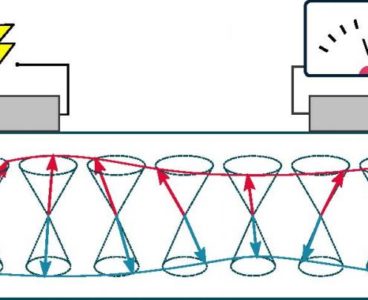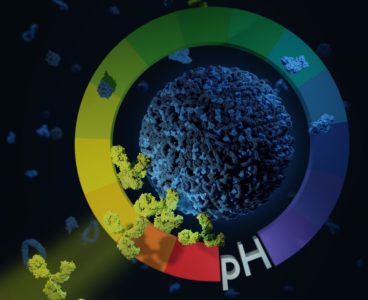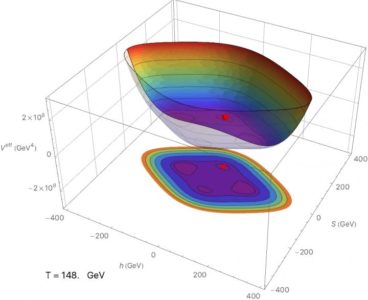
New Devices Based on Rust Could Reduce Excess Heat in Computers
Scientists have succeeded in observing the first long-distance transfer of information in a magnetic group of materials known as antiferromagnets. These materials make it possible to achieve computing speeds much faster than existing devices. Conventional devices using current technologies have the unwelcome side effect of getting hot and being limited in speed. This is slowing…
Magnetization in Small Components can now be Filmed in the Laboratory
In the future, today’s electronic storage technology may be superseded by devices based on tiny magnetic structures. These individual magnetic regions correspond to bits and need to be as small as possible and capable of rapid switching. In order to better understand the underlying physics and to optimize the components, various techniques can be used…
Targeting Headaches and Tumors With Nano-Submarines
Scientists at the Mainz University Medical Center and the Max Planck Institute for Polymer Research (MPI-P) have developed a new method to enable miniature drug-filled nanocarriers to dock on to immune cells, which in turn attack tumors. In the future, this may lead to targeted treatment that can largely eliminate damage to healthy tissue. The…
Physicists Propose a New Method for Monitoring Nuclear Waste
New scientific findings suggest neutrino detectors may play an important role in ensuring better monitoring and safer storage of radioactive material in nuclear waste repository sites. Researchers at Johannes Gutenberg University Mainz (JGU) in Germany have made calculations to ascertain the neutrino radiation of spent nuclear fuel emits. Their figures show that neutrino detectors could…
New Theory On The Origin of Dark Matter
Only a small part of the universe consists of visible matter. By far the largest part is invisible and consists of dark matter and dark energy. Very little is known about dark energy, but there are many theories and experiments on the existence of dark matter designed to find these as yet unknown particles. Scientists…





